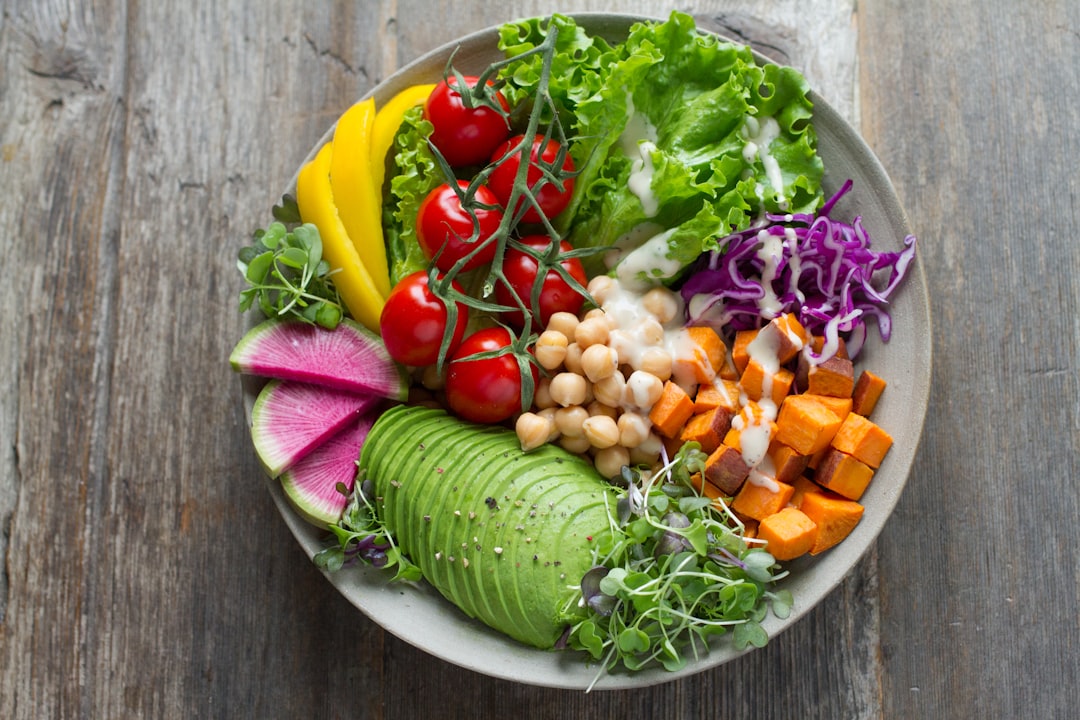As cases of Covid-19 started to mount around the country - non-essential businesses began to close prompting various “shelter-in-place” and “stay-at-home” orders from state governments discouraging and even outright prohibiting people from leaving their house with the exceptions of emergencies, food shopping, and daily walks. The panic of the pandemic that to date has infected 336,673 and claimed nearly 1,000 lives led concerned citizens to stock up on food supplies temporarily emptying shelves.
The good news is that the United States’ food supply is not immediately at risk. Grocery stores have begun to recover and shelves stocked. But economists, farmers, and agriculturists alike are not so confident about the long-term impact if Covid-19 doesn’t slow down.
Countries have already begun to hoard food on a global scale as the pandemic strikes fear across the globe. “We risk a looming food crisis unless measures are taken fast to protect the most vulnerable, keep global food supply chains alive and mitigate the pandemic’s impacts across the food system,” the Food and Agriculture Organization of the United Nations proclaimed in a blog post.
According to the National Sustainable Agriculture Coalition the food supply chain could lose up to $1.32 billion dollars between March and May alone. In a recent blog post they warned, “Without immediate mitigation, we may lose many small, socially disadvantaged, and beginning farms and the important markets they serve.”
The longer the virus circulates the more farms will be affected. While rural areas like farmlands are just now beginning to feel the wrath of the virus – farmers have already begun to feel the impact. Dairy farmers have had to dump thousands of gallons of milk due supply chain disruptions while demand for cheese and other dairy products have decreased due to restaurants and school closures. In Vermont, dairy farmers are expected to see “catastrophic losses” according to secretary of the Agency of Agriculture Anson Tebbetts.
Agriculture farms are also struggling to keep up with demand of fresh produce as the virus threatens not only production but a shortage of workers as many farms rely on Mexican laborers who hold a H-2A visa. But with many governments shutting down in both Mexico and the United States both farmers and workers are having a hard time obtaining the visas. Without enough workers – produce will go to waste.
While deemed essential – field workers are at risk for getting Covid-19 and spreading it to their co-workers as many work side-by-side. While many farmers pledged that they will allow ample time to hand-wash and advocate for social distancing – advocates for migrate workers are afraid that farmers aren’t doing enough to raise awareness of Covid-19 and mitigate the risk. “…most of the companies are not taking the necessary precautions, such as informing the workers about what COVID-19 is and the basic kind of protocols they should be following to take care of their health," explained the executive director of the Mixteco/Indígena Community Organizing Project, Arcenio Lopez.
For now, the United States’ food supply chain is chugging away with limited delays. While imposing no immediate risk to the food supply – it’s unclear how Covid-19 will affect the future of the food industry in months to come.

